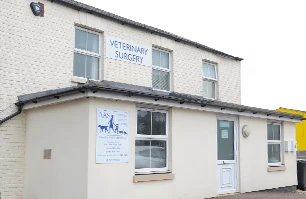You should examine your cat's mouth regularly for signs of oral disease which include bad breath; reddened, bleeding or swollen gums and build-up of tartar.
It's worth checking your cat's teeth from kittenhood so that he gets used to you examining them. Home dental care kits are available to help keep your cat's teeth free from plaque.
Dental disease is very common in cats and dogs. If left unattended it may cause irreversible damage to the cat's teeth, gums and jaw bones. The bacteria can also affect your cat’s liver, kidneys and heart.
Signs
- Plaque: yellowish white deposit made up of bacteria and debris
- Tartar (Calculus): yellowish brown hard substance
- Halitosis/Foul breath
- Pawing the mouth
- Excessive salivation
- Pain and difficulty when eating
Prevention and Treatment
- Regularly brushing your cat’s teeth will significantly reduce the risk of your pet suffering serious problems or needing frequent general anaesthetics to treat advanced dental disease.
- Suitably flavoured toothpaste, mouth washes and antibacterial gels can help reduce plaque deposits and prevent infection. Do not attempt to use human toothpaste.
- Replacing soft foods with dry or fibrous materials will slow the build-up of plaque. There are also specific diets that are designed to keep teeth clean.
- Advanced dental disease will require a general anaesthetic to allow your vet to carry out dental work. This can range from a simple scale and polish to head x-rays with multiple extractions and antibiotics.
Preventative healthcare for your pet is very important. Regular brushing of your pet's teeth from a young age can prevent the need for veterinary dental attention.








